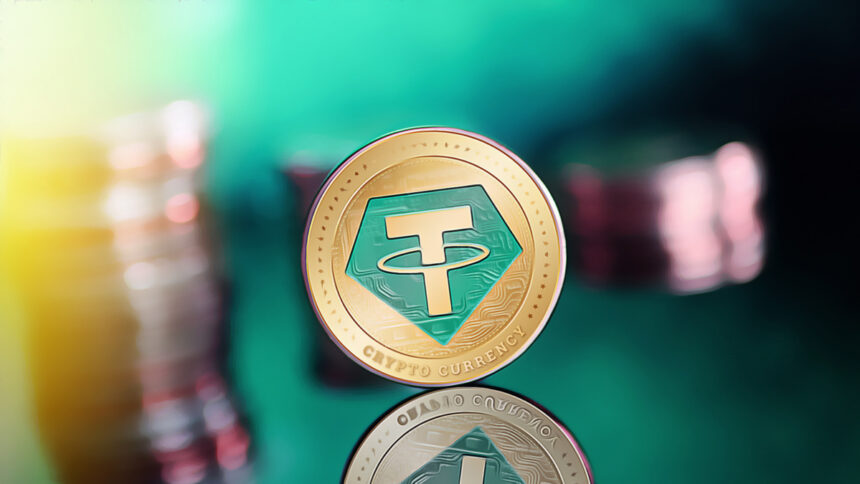Howard Lutnick, appointed as Donald Trump’s Secretary of Commerce, is also a founding member of the Department of Government Efficiency (DOGE). He has deep connections with Tether, the issuer of the USDT stablecoin. However, Senator Elizabeth Warren has raised questions about Tether’s operations due to regulatory concerns.
Howard Lutnick and Tether
Billionaire CEO of Cantor Fitzgerald, Howard Lutnick plays a significant role in Tether’s success and operations. With $130 billion worth of Tether tokens in circulation, Cantor Fitzgerald holds a substantial portion of US Treasury bonds that support the stablecoin, maintaining its peg to the dollar.
Lutnick’s relationship with the stablecoin issuer began three years ago when he publicly supported the company during its tough times. In return, Tether paid millions to Cantor Fitzgerald, which now holds minority shares in the stablecoin issuer. Sources indicate that the details of this arrangement are considered sensitive for both parties.
Tether and Concerns
Unlike banks or fintech firms, Tether operates without collecting personal information from most users. Anyone using a crypto wallet can transfer Tether efficiently, cost-effectively, and anonymously, which raises regulatory scrutiny.
Senator Warren criticized Howard Lutnick’s close relationship with Tether, stating, “Lutnick’s past work with a company being investigated for connections to sanctioned entities deeply worries me. A Secretary of Commerce should work for America’s interests, not personal gains or the interests of former clients that jeopardize national security.”
Warren’s comments came during a period when the Trump administration plans significant regulatory changes. Recently, she also questioned Treasury nominee Scott Bessent on topics like crypto regulation, tax policies, financial stability measures, and support for small banks.
In October, the U.S. Department of Justice launched an investigation into Tether for potential AML violations. According to a Treasury Department inquiry, a crypto wallet holding approximately $300 million in Tether (USDT) had terrorism links. Consequently, Tether’s operations continue to face scrutiny from global regulators.
In a recent development, Tether announced its relocation to El Salvador and that it has obtained a Digital Asset Service Provider (DASP) license. This move reflects the company’s commitment to supporting cryptocurrency adoption in emerging markets and aims to leverage El Salvador’s crypto-friendly regulatory framework.
The scrutiny of Howard Lutnick’s connections with Tether highlights the growing importance of regulatory oversight in the stablecoin market. Increasing scrutiny on Tether’s operations and Lutnick’s role in this process may trigger broader discussions about the relationships between cryptocurrencies and traditional financial institutions.

 Türkçe
Türkçe Español
Español









